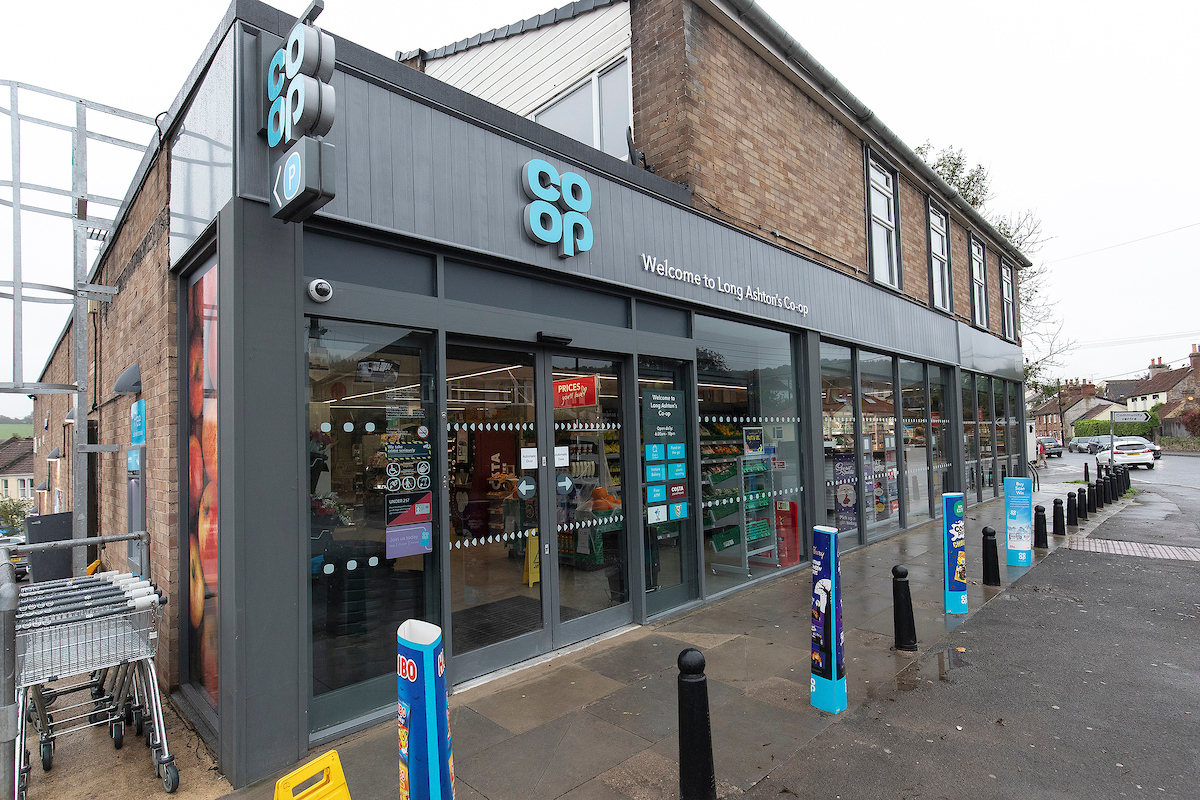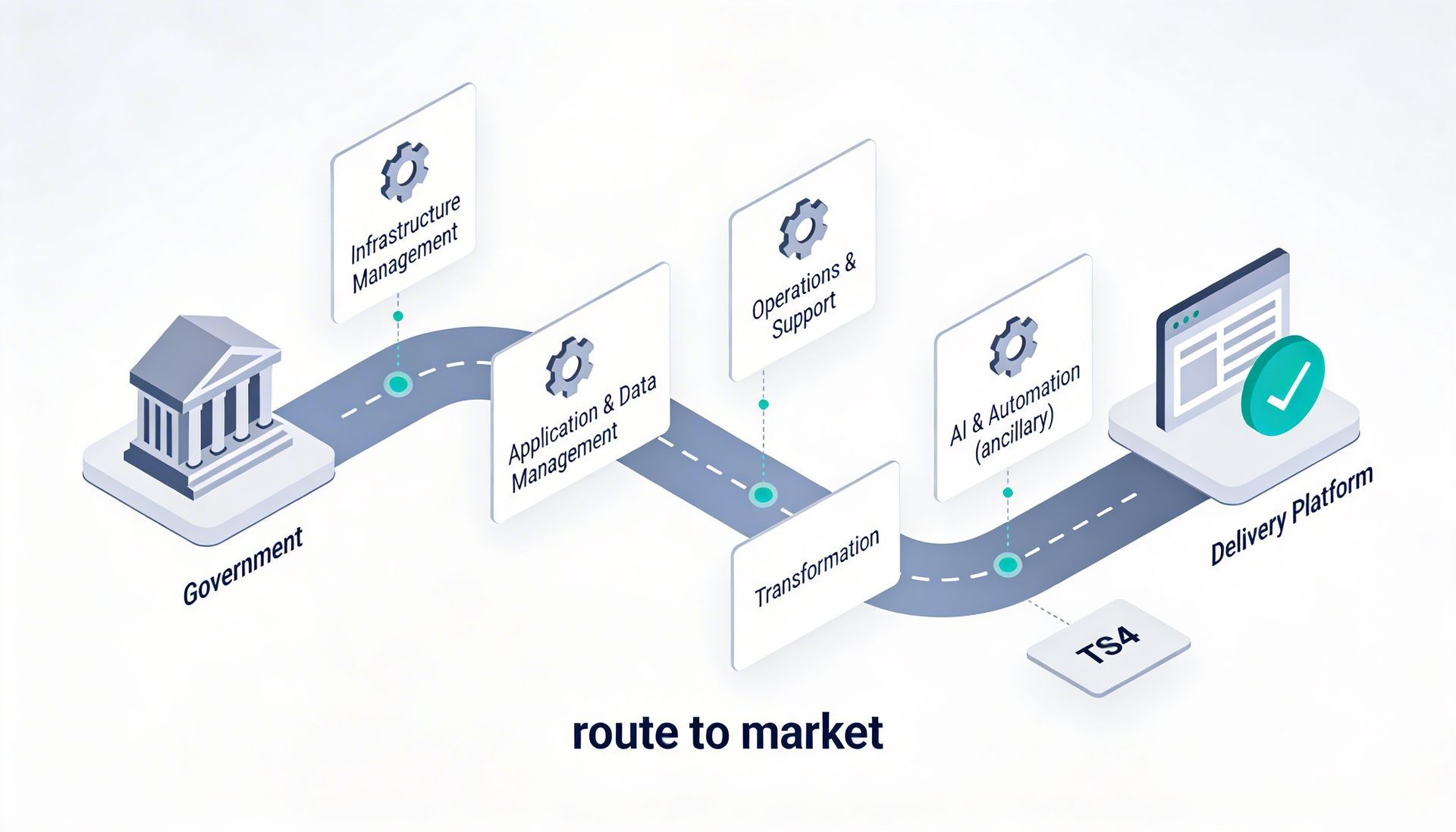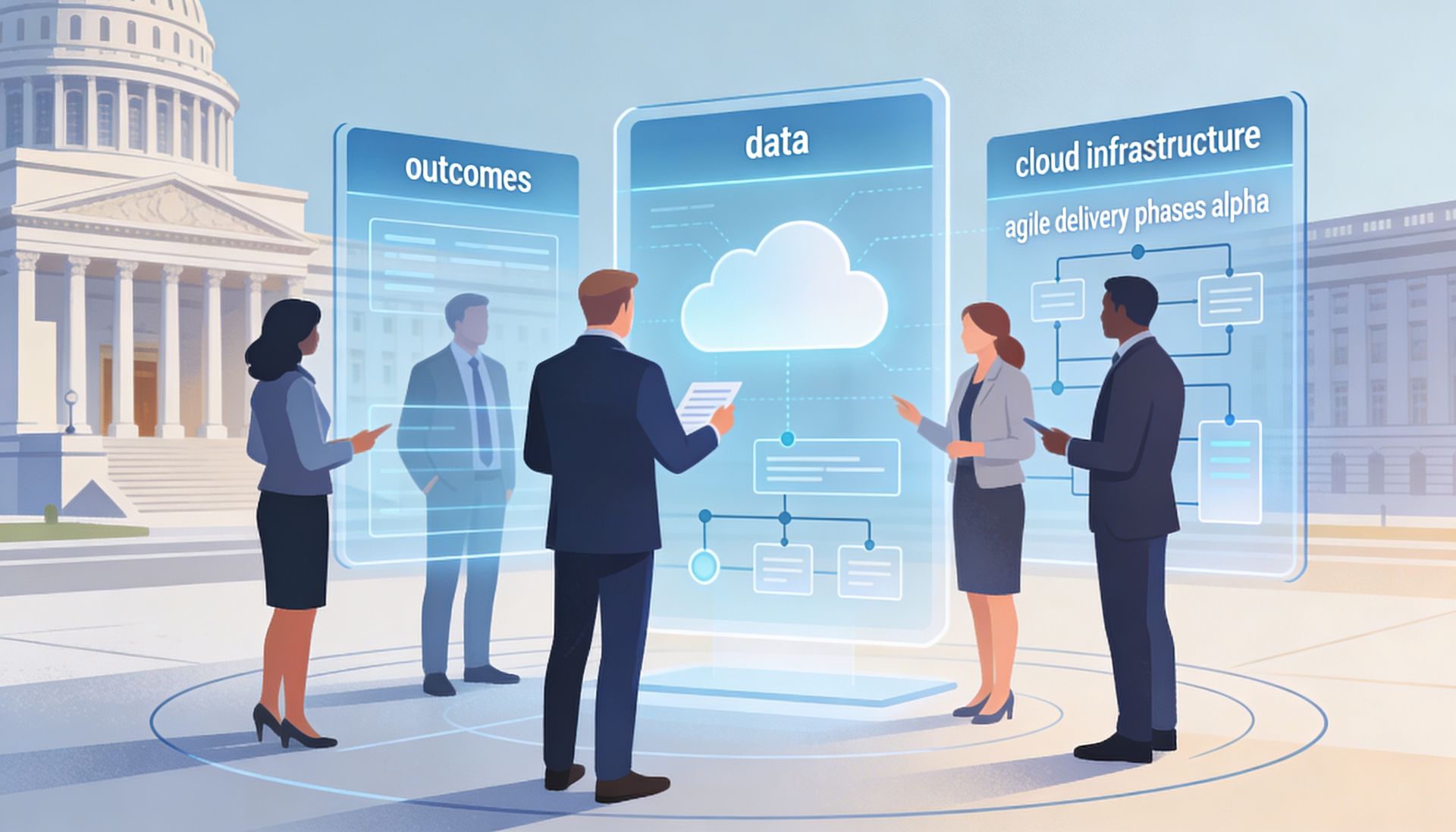The £206m Wake-Up Call: How Cyber-Attacks Are Reshaping British Retail
The Co-op's devastating cyber-attack earlier this year has delivered a stark reminder of just how vulnerable our digital infrastructure has become. With £206m in lost revenues and £80m wiped from operating profits, this wasn't just a technical glitch—it was a business catastrophe that exposed the fragility of our interconnected retail ecosystem.

When Digital Dependencies Become Digital Disasters
The April attack on Co-op painted a picture that many of us have feared but hoped we'd never see: empty shelves, payment systems down, and 6.5 million customers' personal data compromised. For many rural communities where the local Co-op serves as the primary supermarket, this wasn't just an inconvenience—it was a genuine crisis.
What makes this attack particularly sobering is how it spread beyond the digital realm. The group's funeral parlours had to revert to paper-based systems, highlighting how deeply technology has penetrated even the most traditional sectors of our economy. When you're dealing with bereaved families, system failures aren't just about lost revenue—they're about human dignity and care at the most vulnerable moments.
The Anatomy of a Modern Cyber-Attack
The Co-op's chief digital officer, Robert Elsey, revealed that attackers gained access through "social engineering"—essentially tricking employees into providing access. This isn't about sophisticated code-breaking; it's about exploiting the human element in our security chains.
"They impersonated one of our colleagues," Elsey explained. The attackers were "very persistent and very capable," continuously attempting to re-enable blocked accounts even as the Co-op's security teams worked to shut them down.
This persistence is characteristic of today's cyber-criminals. They're not opportunistic hackers looking for quick wins—they're organised, patient, and increasingly sophisticated. The hackers themselves later claimed they had breached Co-op's systems long before detection, suggesting a prolonged infiltration that could have been even more devastating.
A Pattern of Vulnerability
Co-op's attack wasn't an isolated incident. It occurred alongside similar breaches at Marks & Spencer (which faced a £300m hit) and Harrods. More recently, Jaguar Land Rover has been forced to shut down UK production until October following their own cyber-attack. This clustering suggests we're not dealing with random events but with a coordinated campaign against British businesses.
What's particularly concerning is how these attacks are targeting different aspects of our economy simultaneously—from groceries and luxury retail to automotive manufacturing. The message is clear: no sector is immune, and the traditional boundaries between physical and digital business operations have effectively dissolved.
The True Cost of Cyber-Crime
The Co-op's £206m revenue loss and £120m annual profit impact represent more than just numbers on a balance sheet. They reflect:
- Supply chain disruption that affected thousands of suppliers and logistics partners
- Community impact in rural areas where Co-op stores are essential services
- Consumer confidence erosion as shoppers question the security of their personal data
- Operational resilience as the business was forced to maintain paper-based backup systems
Chief Financial Officer Rachel Izzard's revelation that the Co-op had limited insurance coverage for such attacks highlights another critical issue: the insurance industry hasn't caught up with the scale and sophistication of modern cyber-threats.
Building Digital Resilience
CEO Shirine Khoury-Haq's response—that the attack highlighted both strengths and areas needing focus—suggests a mature approach to crisis management. Rather than simply treating this as a one-off security failure, the Co-op is using it as a catalyst for broader operational improvements.
This approach should be a template for other businesses. Cyber-attacks are no longer a question of "if" but "when." The organisations that will thrive are those that build resilience into their DNA, not just their IT departments.
The Road Ahead
The Co-op's experience offers several crucial lessons for British businesses:
- Human-centric security is as important as technical defences—social engineering attacks target people, not just systems
- Business continuity planning must account for extended digital disruptions across all operations
- Insurance coverage needs to evolve to match the reality of modern cyber-threats
- Supply chain resilience requires backup systems that can operate independently of digital infrastructure
As we become increasingly dependent on digital systems, the Co-op's £206m lesson serves as an expensive but valuable reminder that our prosperity and security are inextricably linked to our ability to protect the digital infrastructure that underpins modern life.
The question isn't whether your organisation will face a cyber-attack—it's whether you'll be ready when it happens. The Co-op's experience shows both the devastating cost of vulnerability and the possibility of recovery through resilience, transparency, and determined response.
In an interconnected world, cybersecurity isn't just an IT issue—it's a business survival imperative that demands attention from the boardroom to the shop floor.
Don't wait for a cyber attack to test your resilience. Contact Altiatech today to ensure your critical systems remain operational when others are forced offline.
Get in touch:
- Email: innovate@altiatech.com
- Phone (UK): +44 (0)330 332 5482
Because when critical infrastructure fails, the consequences extend far beyond IT systems—they affect real people, real journeys, and real business operations. Let us help you stay operational when others cannot.
Ready to move from ideas to delivery?
Whether you’re planning a cloud change, security uplift, cost governance initiative or a digital delivery programme, we can help you shape the scope and the right route to market.
Email:
innovate@altiatech.com or call
0330 332 5842 (Mon–Fri, 9am–5:30pm).
Main contact page: https://www.altiatech.com/contact













